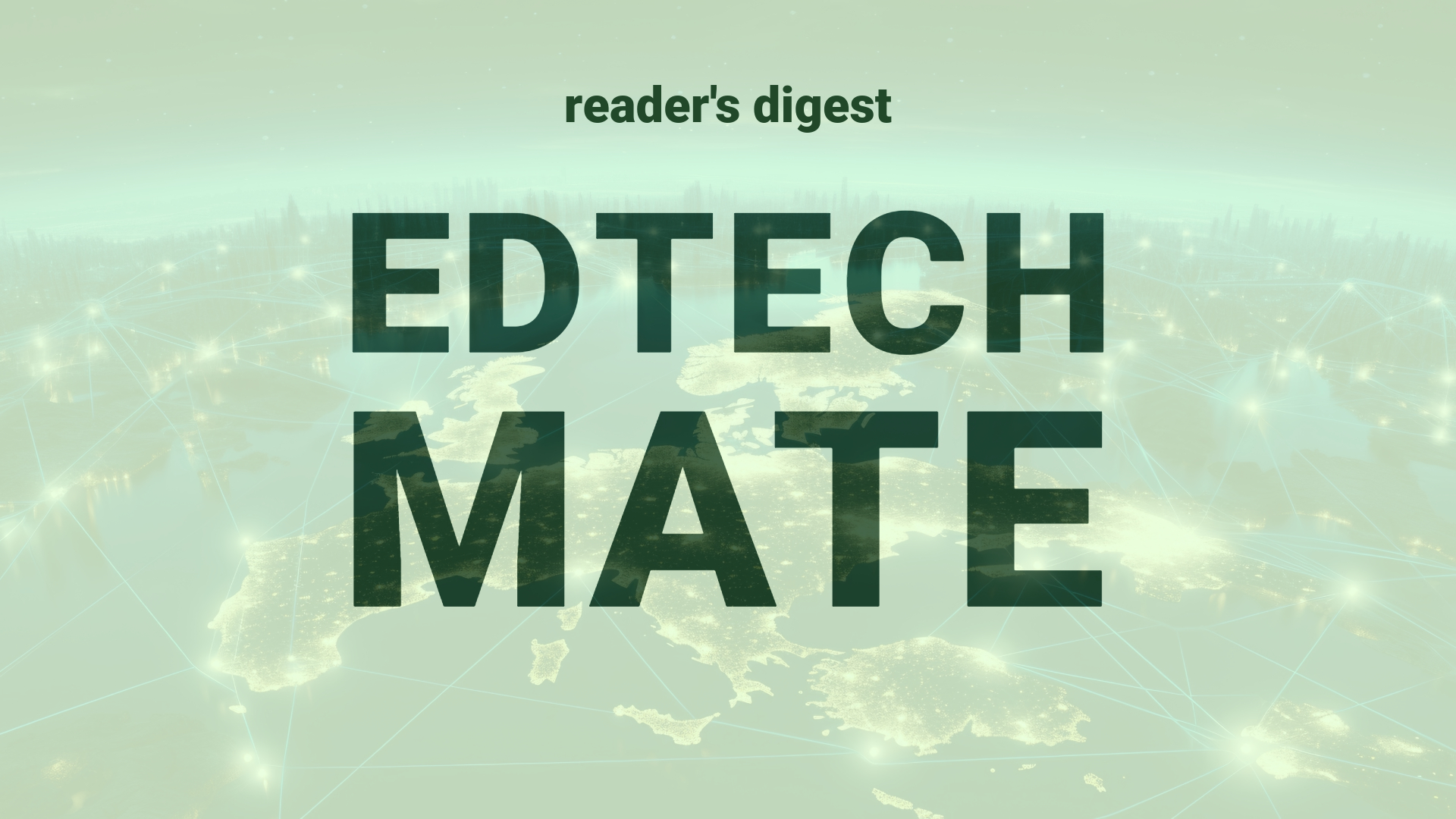Executive Summary and Main Points
The ‘Genius Teams’ concept highlights an evolution in executive leadership dynamics within the global higher education space, driven by a relentless pursuit of high-impact achievements and marked by a strategic deployment of generative tension. Distinct for their superior combination of cognitive and soft skills, these teams set themselves apart by delivering breakthrough solutions to grand-scale challenges through agile and often contentious collaboration. These teams are characterized by virtuosity, an uncompromising commitment to lofty goals, and an energetically charged environment that often teeters on the brink of friction.
Potential Impact in the Education Sector
In the context of Further Education, Higher Education, and Micro-credentials, ‘Genius Teams’ could redefine institutional strategic planning and execution, focusing on transformative projects that escalate the digitalization of curricula and bolster global partnerships. Their high analytical capacity and expert communication skills may drive more tailored educational pathways and innovative delivery methods. For Micro-credentials, the approach may result in more agile and responsive credentialing systems that can adapt swiftly to changing industry demands and thereby fortify the bridge between education and the workforce.
Potential Applicability in the Education Sector
The genius team model could be applied to bring together interdisciplinary groups in higher education tasked with developing AI and digital tool solutions to personalize learning, drive research, and enhance operational efficiencies. Applications may range from AI-driven adaptive learning platforms to cross-institutional collaboration networks that leverage expertise and resources. These teams, designed to harness generative tension, can accelerate the development of technologies that align with the academic purposes and global demands, propelling schools into the forefront of digital transformation.
Criticism and Potential Shortfalls
Despite their effectiveness, ‘Genius Teams’ may face criticism for fostering environments rife with confrontation and emotional volatility, which could impact team cohesion and individual well-being. Without careful management, the intensity that fuels such teams could lead to burnout and high turnover. Ethical considerations also loom large, as the aggressive pursuit of innovation and strategic goals must be balanced with respect for individuals and cultural sensitivity. International case studies suggest that cultural nuances in team dynamics could affect the replicability of the ‘Genius Teams’ structure across global education systems.
Actionable Recommendations
To integrate ‘Genius Teams’ within higher education projects, leadership should focus on assembling diverse groups that prioritize psychological safety and adopt a clear framework for managing internal tensions. Encouraging personal development alongside professional achievement can help maintain balance and prevent burnout. Additionally, ethical guidelines must be established to ensure respectful collaboration, especially in culturally diverse settings. Strategic retreats and structured ‘playtime’ can offer valuable breathing space, ultimately contributing to sustainable innovation and success.
Source article: https://hbr.org/2024/07/what-sets-genius-teams-apart

